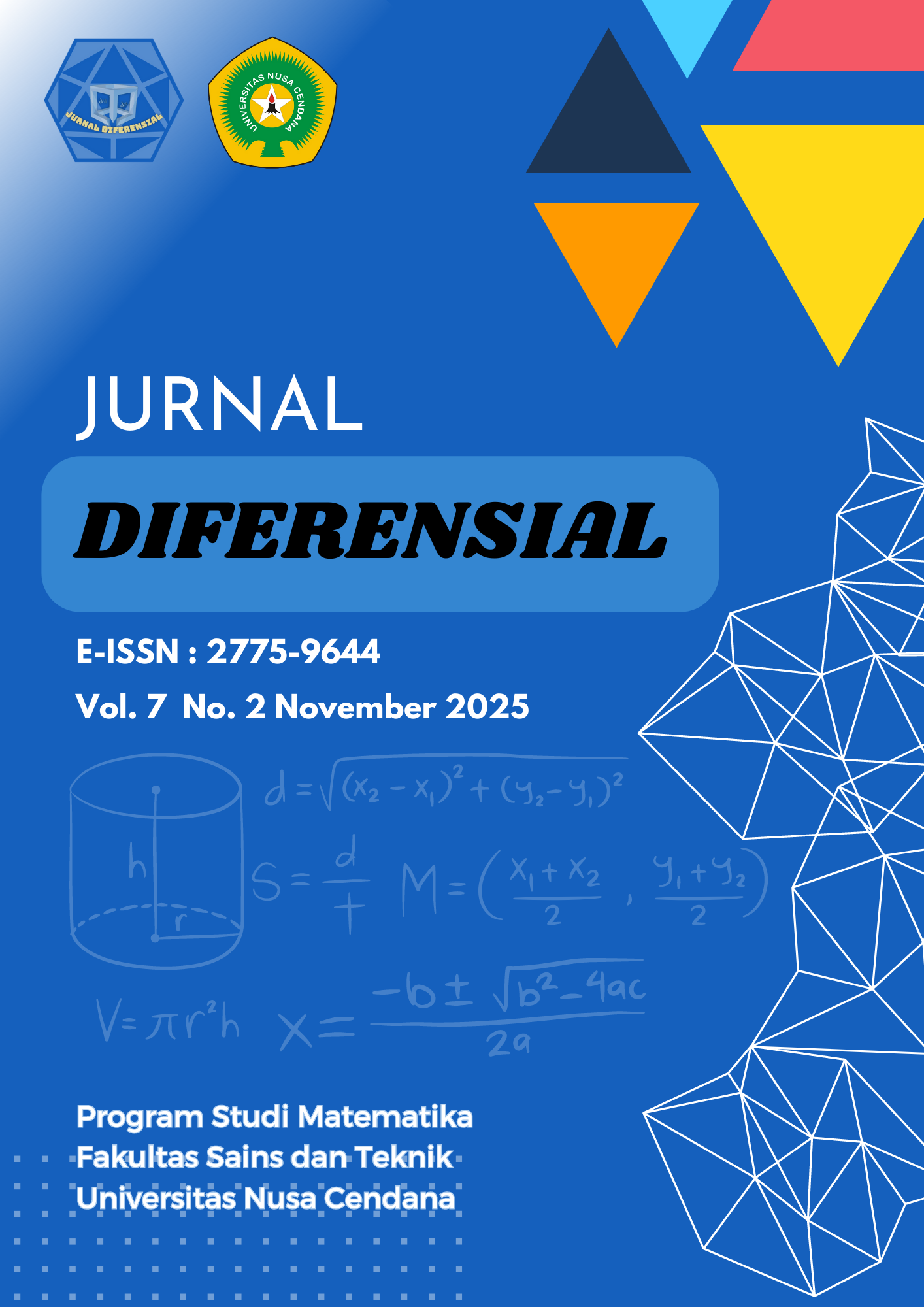Modelling Immunological Effects on Fractional Order of Cholera Dynamics with Behavioral Response via Numerical simulation
Abstract
Cholera, spread by the bacterium Vibrio cholerae, is still a major health problem in places with unsanitary conditions. The way it spreads relies on the host’s immunity, certain environmental aspects and how clean people keep themselves and their properties. The model in this study applies Caputo fractional-order derivatives to capture the immunity of people, their hygiene, memory in diseases and various ways of controlling them. It includes the study of how people respond and interact with their environment and disease-related factors in a mathematical way. We perform solid analyses on the model, confirming the existence, uniqueness, positivity and boundedness of its solutions. A basic reproduction number is calculated to find out if the disease will continue to exist in a population. Analyzing what makes a disease-free state or an endemic equilibrium stable tells us how to best control the disease. Using the Laplace-Adomian Decomposition Method for solving the nonlinear fractional system results in simulations that match actual cholera behavior. Findings point out that a decline in immunity and better hygiene help reduce how cholera spreads. The framework supports an understanding of cholera spread and is also useful for examining other diseases that are highly complex.
Downloads
Copyright (c) 2025 Mutairu Kayode Kolawole, Atinuke Abidemi Adeniji

This work is licensed under a Creative Commons Attribution-ShareAlike 4.0 International License.
 This work is licensed under a Creative Commons Attribution-ShareAlike 4.0 International License.
This work is licensed under a Creative Commons Attribution-ShareAlike 4.0 International License.
Copyright is retained by the authors, and articles can be freely used and distributed by others.

 Mutairu Kayode Kolawole(1)
Mutairu Kayode Kolawole(1)

.png)











